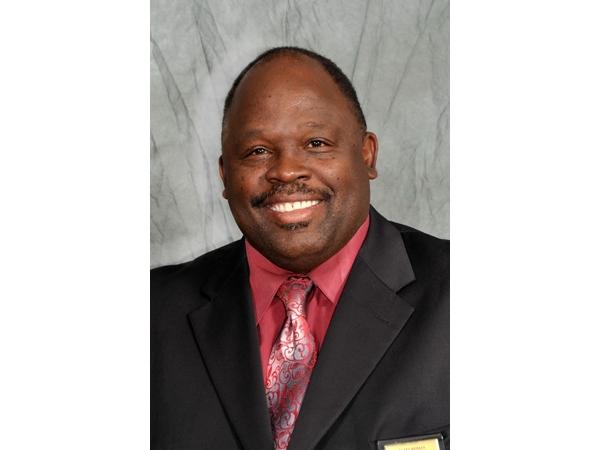
Section Branding
Header Content
NAACP's DuBose: Much Work Remains
Primary Content

After eight years leading the Georgia State Conference of the NAACP, Edward DuBose says inequality in the state’s criminal justice system is the most significant issue greeting his successor.
“We’ve got so many young people – poor and African-American – who can’t even realize their dreams,” DuBose said. “[The new president] will have to confront this system that puts more people in prison than college.”
In a conversation with GPB, DuBose rattles off a list of people now free after the NAACP took up their case and fought for their release. But it’s a case where the group was unsuccessful that DuBose still carries with him.
“When Troy Anthony Davis was executed, that took so much out of me,” DuBose said. “I always questioned whether there was anything different that we could do. I was one of the last people to look Troy Davis in his eyes, and he said, ‘Keep fighting.’ I am thankful that as a result of our work with Troy Davis, the death penalty has gotten a lot of attention.”
Davis was executed in 2011 for murdering a Savannah police officer. Courts had repeatedly delayed the procedure and Davis proclaimed his innocence until he was put to death.
Such cases will become the purview of another leader later this week. The Georgia NAACP meets for its annual convention in Columbus starting Thursday. DuBose has said he will not run for re-election as president.
DuBose said the recent reforms to the state criminal justice system will help address improve the system, but he said many people don’t know about those reforms. And he said the continuing question is economic empowerment and what happens to people who get out of prison.
DuBose said the organization’s next president also must ensure access to the polls now that the Supreme Court has struck down part of the Voting Rights Act of 1965. That frees Georgia from federal oversight and approval of changes to election laws.
“I’m concerned that Georgia is slipping back to this concept of ‘how many bubbles are in a bar of soap?’ before you can vote, ‘how many jelly beans are in a jar?’” DuBose said. “We have some of the most suppressive voter ID laws in the country.”
DuBose also pointed to precinct changes in Morgan and Muscogee counties. He said other communities are changing to at-large voting instead of individual districts. All, he said, hurt minority voters’ ability to participate in the electoral process.
“We’ve already seen those who would choose to take us back to those dark days of the ‘60s and before creating laws that exclude -- that’s the key, exclude -- rather than include voters,” DuBose said.
Tags: NAACP, voting, Voting Rights Act, voter identification, Voting Rights Act of 1965, Edward Dubose, voting precincts, criminal justice system, Georgia State Conference NAACP, minority voters, at-large voting districts, criminal justice reform, criminal justice, voter ID law
